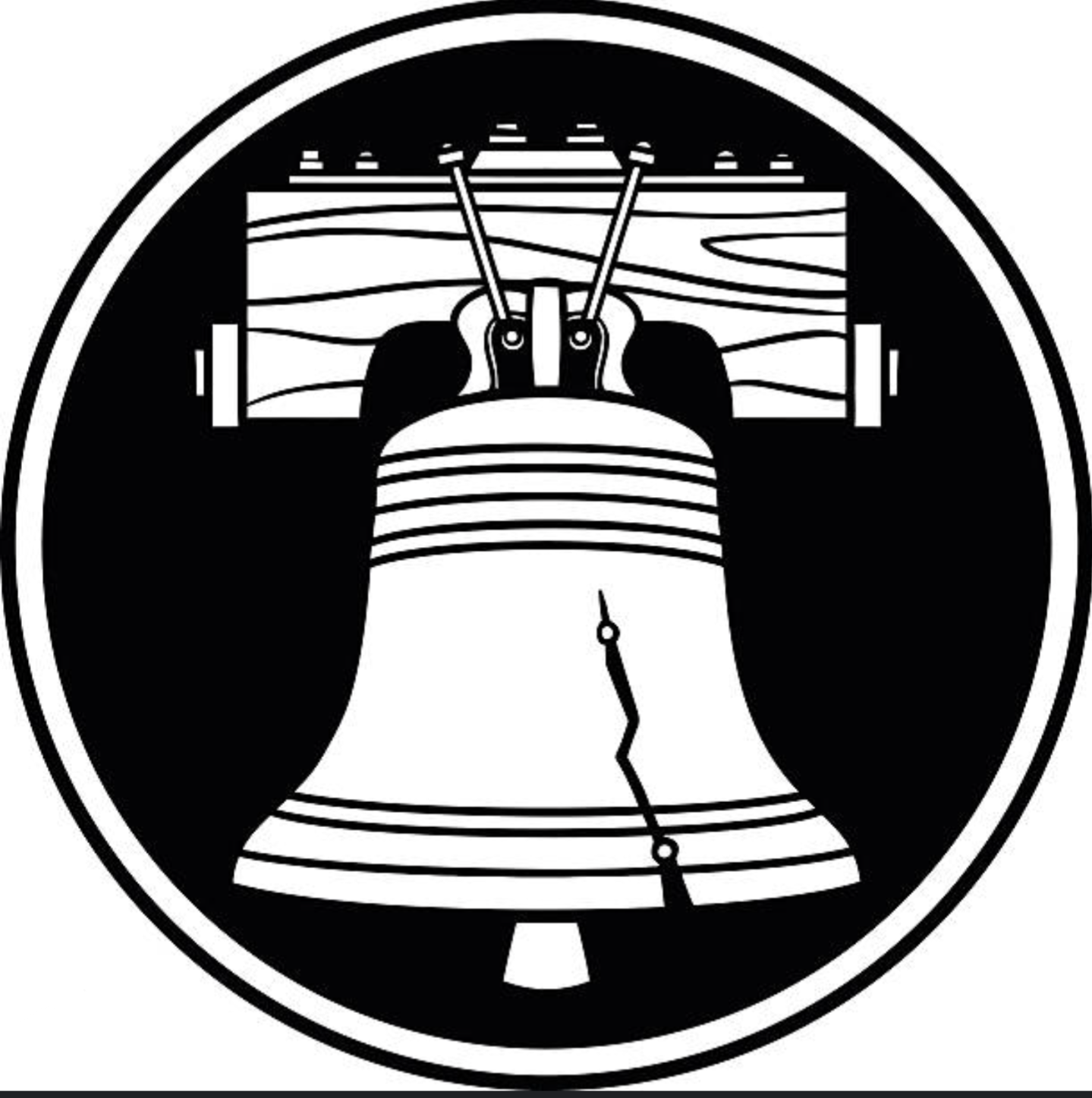Zach Rehl, president of the Philadelphia chapter of the alt-right Proud Boys, was sentenced to 15 years in federal prison Thursday for his role in fomenting the Jan. 6, 2021, attack on the U.S. Capitol.
The punishment — handed down at the conclusion of a two-hour hearing in Washington — fell just shy of the longest prison term imposed against any of the hundreds of people sentenced in connection with the riot so far.
It is exceeded only by the 17-year sentence U.S. District Judge Timothy Kelly gave to Rehl’s codefendant — Joseph Biggs, a Proud Boy leader from Florida — who was sentenced earlier in the day and the 18-year prison term Oath Keepers founder Stewart Rhodes was ordered to serve in May.
Still, the sentence Rehl ultimately received was half the minimum term recommended by federal sentencing guidelines and the 30 years that prosecutors sought for what they described as “an effort to change the course of American history” by force.
Kelly acknowledged that disparity as he announced his sentencing decision from the bench, explaining that while he found Rehl’s crimes should be punished as an act of terrorism under the sentencing guidelines — a factor that dramatically increased the possible prison time — he did not believe that Rehl intended the type of “mass casualty” event typically associated with a terrorist act.
“I probably never will sentence someone 15 years below the guidelines again in my entire career,” the judge said. Still, he remarked: “It’s a miracle — a miracle — that there wasn’t greater loss of life.”
For his part, Rehl, 37, of Port Richmond, described Jan. 6 as a “despicable day” as he read from a prepared statement through tears. As his lawyer, Norman Pattis, consoled him, he told the judge he fell “hook, line, sinker” for politicians spewing lies about the 2020 election, causing him to lose sight over what was truly important in life — his family.
“I’m done with all of it,” Rehl said. “I’m done with politics. I’m done peddling lies for other people who don’t care about me.”
Thursday’s hearings came three months after a federal jury convicted Rehl, Biggs and two other leaders of the Proud Boys on seditious conspiracy charges, concluding that they spearheaded a plan to rile up the mob that disrupted Congress’ certification of President Joe Biden’s victory and to threaten the peaceful transition of presidential power.
The verdict delivered one of the most significant victories to date in the Justice Department’s push to hold accountable those who participated and organized the Jan. 6 attack. And among the hundreds charged so far, the Proud Boys have emerged as a central focus.
Investigators have placed the group’s members at nearly all the central flashpoints at which violence unfolded that day and more than 20 members face charges in separate indictments for crimes ranging from misdemeanors like illegally entering the Capitol building to more serious felonies like attacking police.
But Rehl, Biggs and their codefendants — the Proud Boys former national chairman, Enrique Tarrio, and Ethan Nordean, a chapter leader from Washington state — led the Proud Boys’ 200-man presence in Washington that day and should shoulder much of the blame for what played out, Assistant U.S. Attorney Erik Kenerson said in court Thursday.



Good